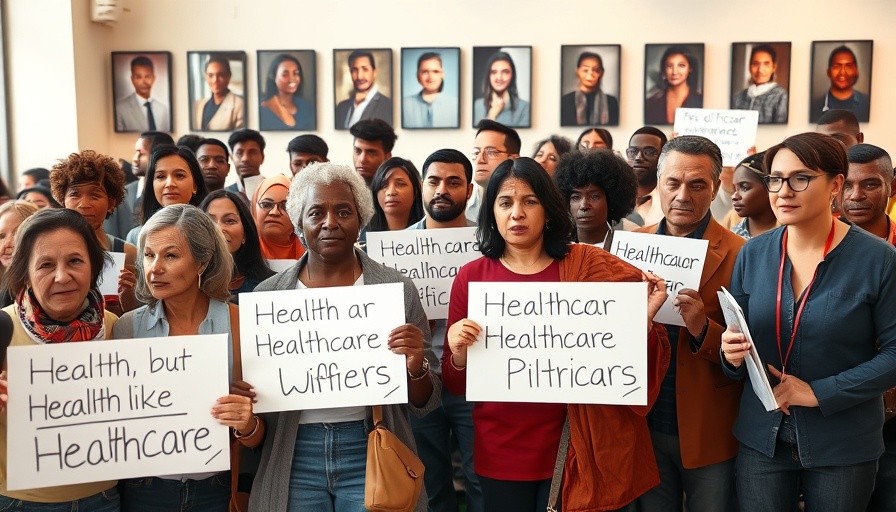
Understanding the HHS Interpretation of Public Benefits Under PRWORA
The recent comments made by Justice in Aging regarding the Health and Human Services (HHS) interpretation of Federal public benefits under the Personal Responsibility and Work Opportunity Reconciliation Act (PRWORA) highlight pivotal issues surrounding senior citizens' access to crucial benefits. As the population ages, clarity on these benefits becomes necessary to ensure that vulnerable communities are not left in the lurch.
What is PRWORA and its Impact on Seniors?
The PRWORA was enacted in 1996 with the intention to reform welfare programs and address concerns surrounding public aid dependency. The act has significantly influenced various federal benefits programs, subtly shifting their accessibility. For seniors, the interpretation of these benefits determines their eligibility for essential services such as Medicaid, food assistance, and housing support, which are particularly critical for those struggling with health issues and economic instability.
Recent Changes and Their Implications
Justice in Aging's comments signal a possible recalibration in how these benefits may be allocated, implicitly urging a reconsideration of policies that inadvertently penalize low-income seniors. This perspective is crucial as it sheds light on the delicate balance between necessary governmental oversight and the imperative to protect the most vulnerable in society. The accurate interpretation of public benefits under PRWORA can lead to expanded access for elderly populations, therefore impacting their quality of life.
Real Lives, Real Impact: The Human Side of Policy Decisions
It's important to recognize that every policy change affects real lives. Many seniors rely on public benefits for their daily existence. For instance, a retired veteran living alone might find that changing eligibility requirements for food assistance directly influences their nutrition and health. These scenarios illustrate how policy interpretations need to be crafted with empathy and an awareness of the lived realities of seniors.
Looking Forward: Future Predictions on Federal Benefits Accessibility
As the demographic landscape shifts and the number of seniors continues to grow, it is vital for the government to foresee the impact that current and future policies will have on this population. Experts predict that without a clear and comprehensive approach to interpreting public benefits under PRWORA, we may witness an increase in poverty among older adults. This outcome not only poses ethical concerns but also economic ones, as the future workforce must eventually support an aging population.
A Balanced Approach: Diverse Perspectives on Benefits Allocation
While Justice in Aging advocates for a more inclusive interpretation, it is also essential to consider counterarguments that focus on fiscal responsibility and sustainability of public programs. Some policymakers may argue that greater accessibility could strain resources or encourage dependency. It is crucial to balance this perspective with the pressing need to support seniors who have paid into these systems throughout their lives and are now relying on them during their retirement.
Concrete Steps: How Seniors Can Navigate This Complex Landscape
For seniors, understanding the implications of these policy changes is vital. It is advisable for elderly individuals or their support networks to stay informed about their eligibility for benefits as laws and interpretations evolve. Engaging with local advocacy groups like Justice in Aging can provide seniors with vital resources and information regarding their rights and available options.
Conclusion: Importance of Advocacy in Senior Welfare
As seniors face the complexities of public benefits, advocacy plays a crucial role. Organizations like Justice in Aging serve at the forefront of ensuring that the voices of the elderly are heard in policy discussions. It is essential for seniors and their caregivers to actively participate in this ongoing dialogue to foster better outcomes.
 Add Row
Add Row  Add
Add 




Write A Comment